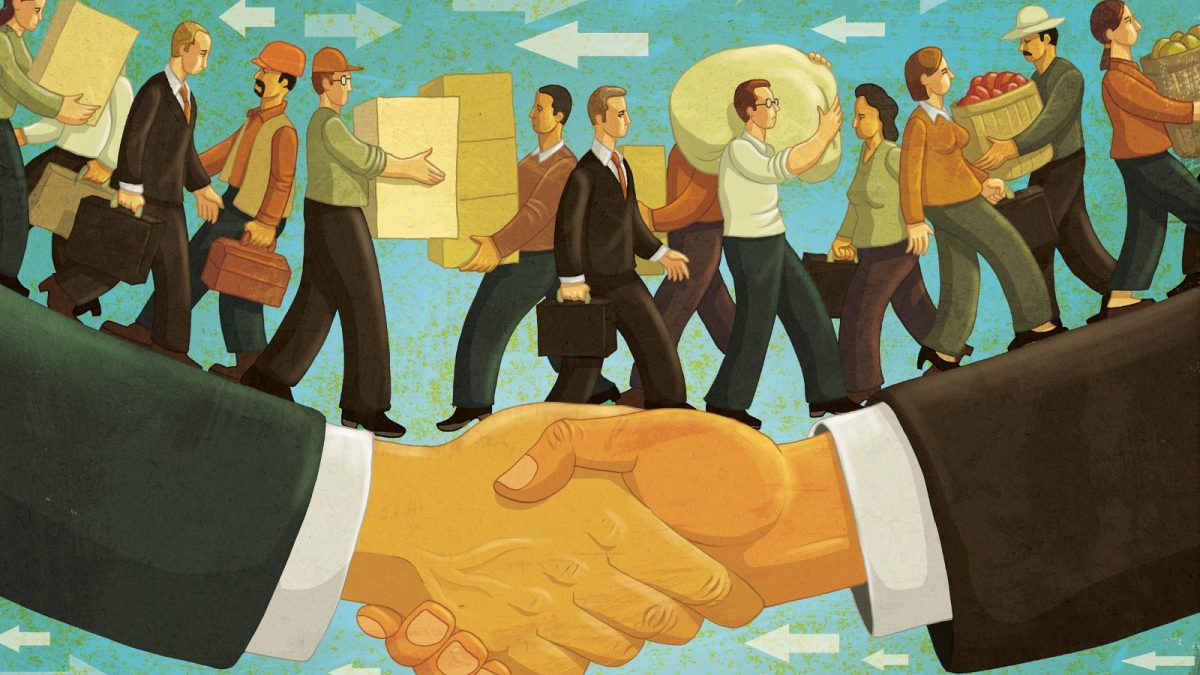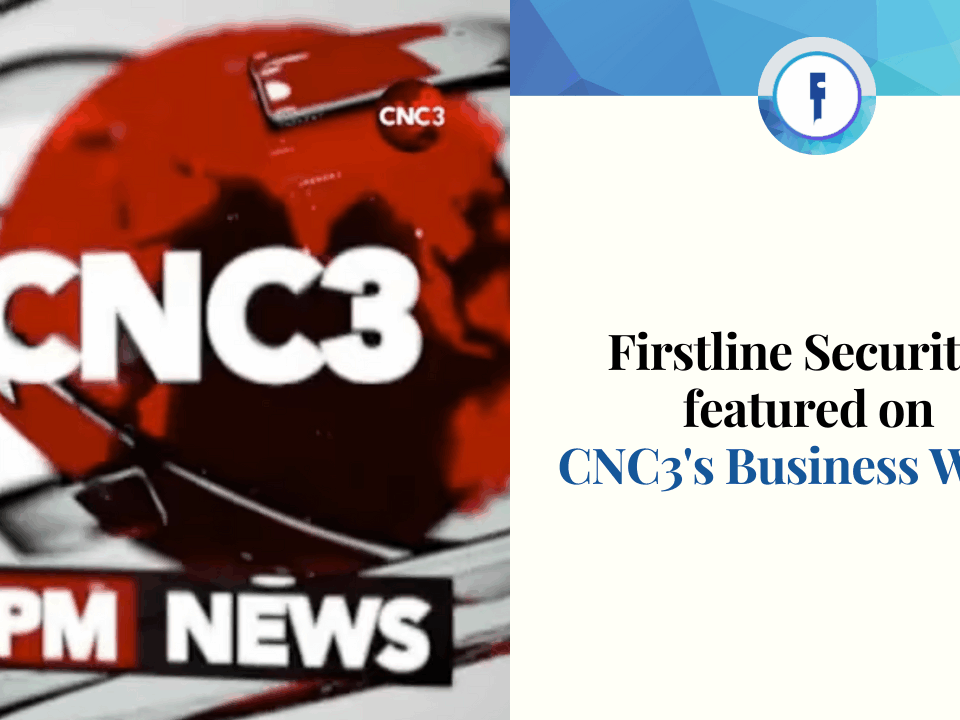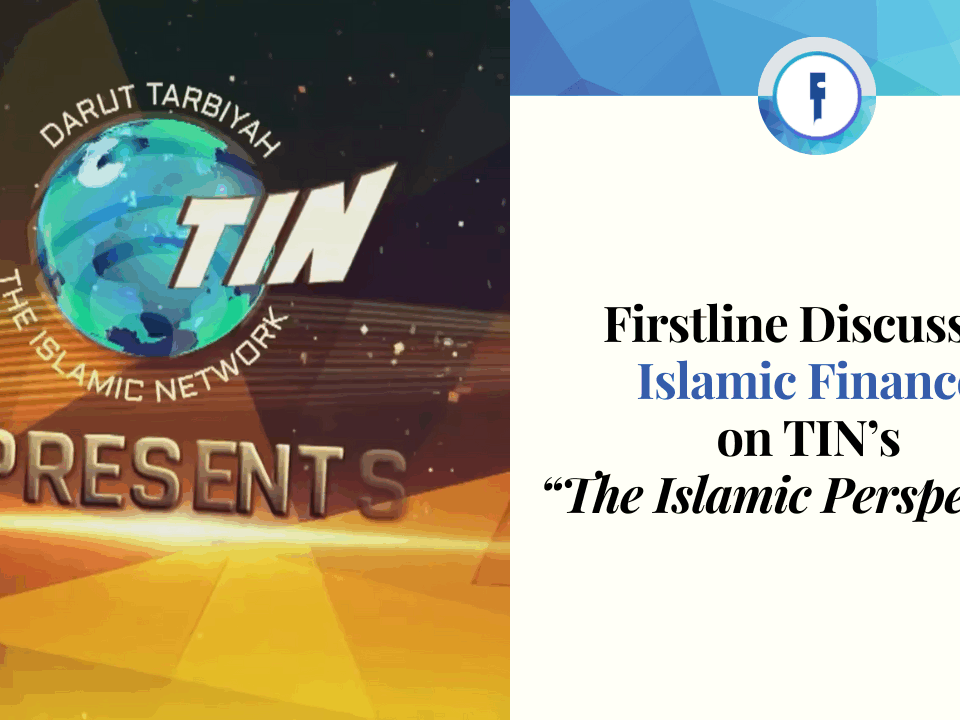INSIGHTS
Free Trade and “The Donald” – Part One


A Firstline Securities Limited Blog by: Mike
Image Courtesy: View Link
Trump and Navarro
On his 100th day in office President Trump signed an executive order creating a new office in the White House – the Office of Trade and Manufacturing Policy headed by Peter Navarro.
President Trump and Peter Navarro are flying on a mission to save – revive is certainly a better descriptive word here – the manufacturing base of the United States.
This is the same manufacturing base that has declined significantly since 2000.
Data supports the argument that manufacturing has suffered extensive decline.
The United States had more than 17 million factory workers at the turn of the millennium. Over the first decade 6 million jobs disappeared. In comparative terms, 8% of Americans now work in manufacturing jobs compared to 13% in 2000.
Who is Peter Navarro?
Peter Navarro is an American economist and academic.
A professor emeritus of economics and public policy at the Paul Merage School of Business, Navarro is the author (or co-author) of over a dozen books, including the aptly named “Death by China”.
Peter Navarro’s views are significantly outside the mainstream of economic thought, and he is generally considered to be a heterodox economist. Central to Navarro’s theories is a desire to reduce the United States trade deficits with key trading partners – especially China, Mexico, Canada and Germany.
Navarro has called for policies that would increase the size of the American manufacturing sector, the setting of high tariffs, and the repatriation of global supply chains.
He is also a strong opponent of the North American Free Trade Agreement and the Trans-Pacific Partnership.
All jobs are not born equal – domestic manufacturing is “King”
Central to Peter Navarro’s thinking is that not all jobs are born equal.
Manufacturing jobs are considered to be “King” because they have inherently more power to create additional jobs.
According to Navarro, if you have a new manufacturing job, that new manufacturing job acts as a seed or catalyst that creates more jobs. If enough jobs are created, new towns spring-up, new retail outlets are created, accountants and lawyers are attracted to the area, restaurants, cinemas, and sports facilities are constructed etc.
If you follow the logic, then it makes sense to try to bring manufacturing jobs back from overseas – hence the specific targeting of Mexico and China.
TRADE IS BAD!
The writer of this blog entry has just finished reading “Fear: Trump in the White House” by Bob Woodward.
In that book Woodward states that he obtained a copy of a note that President Trump had written in the margins of a speech he was poised to deliver. Although he never uttered the phrase written in the margins at the time he made that speech the note said: “TRADE IS BAD”.
In those three words you have the truest form of President Trump’s ideology on international trade.
Trump’s ideology is based on protectionism, isolationism, and the most fervent American nationalism.
But there is another side to this argument.
Trade might be bad for other reasons – at least according to President Trump.
International trade might be bad because it is enshrined and governed by unfair trade practices. In other words, it is governed by bad trade deals.
While traditional economic theory argues that international trade is mutually beneficial and allows each country to focus on what it does best, arguably any gains are undermined when other countries unfairly subsidise exports, manipulate the value of their currency (something President Trump has consistently argued China is guilty of), steal intellectual property (China), or require foreign companies to transfer technology as a cost of doing business (yet again – China).
A hat-trick of bad trade deals
Directly in President Trump’s and Peter Navarro’s cross-hairs are the hat-trick of three bad trade deals: The Trans-Pacific Partnership (the United States has already withdrawn from this agreement), the North American Free Trade Agreement (threatening to leave) and the South Korean Trade Pact (recently renegotiated).
Coming full circle and the negative impact on foreign investment
Whether President Trump and Peter Navarro are correct is open to debate and inevitably coloured by political ideology.
Whether your views are red, blue, green or any shade in between President Trump’s policies have sparked a reaction. The world is now at war – at least in trade.
For Trump, this will be a war of attrition. In reality we are back in the trenches. The United States will triumph because it is the biggest consumer and the third largest exporter in the world.
While all that might be true – and certainly the United States has the biggest bat in the arena to beat others – one should factor in that many of the countries have taken the dollars they have made selling to the United States and reinvested them into the United States.
And you may have guessed what I am going to write next – China Again!
Further blog entries in this series
In the second blog entry we look at the imposition of Trump’s tariffs and how other countries have reacted.
What are your thoughts on President Trump’s trade policies?
Send us your comments – we’d love to read your opinion. Even better, if we get differing views because we like nothing better than a debate!
Other than debating, we offer comprehensive coverage of local and international markets with many unique opportunities to put surplus cash to work either as your asset manager or investment advisor. Please contact us for more details at info@firstlinesecurities.com or at 868.628.1175. We can discuss your investment needs in detail and craft a portfolio that makes sense for you. We look forward to hearing from you.

